Listen
http://rss.acast.com/viewfrom22/thecleaneatingcult/media.mp3
Jeremy Corbyn’s close friend Tony Benn had five questions he always asked of those in power: ‘What power have you got? Where did you get it from? In whose interests do you exercise it? To whom are you accountable? And how do we get rid of you?’ Labour’s leadership election has a month left to run, but most of those involved think Corbyn will triumph. So they’ve already started working out how they’ll get rid of him.
John McTernan, a former Blair adviser, recommends deposing him immediately. As he said on The Spectator’s podcast: ‘I can’t see any case for letting him have two minutes in office, let alone two years, because of the damage that will be done.’ Most think an immediate coup unfeasible, but some would still like an urgent inquiry into the way the different types of leadership contest voters — 300,000 members, 121,000 ‘registered supporters’ and 190,000 trades union-affiliated supporters — voted in the general election. They suspect that such an inquiry would undermine Corbyn by exposing the scale of entryism in the party. The plan then would be to overhaul the voting rules and stage the contest again.
Some Labour MPs say they would refuse to recognise Corbyn’s authority. The joke is that they’ll follow Corbyn’s approach to loyalty on key policies and votes (he defied his party whip more than any other Labour MP). One MP says: ‘He says he rebels because he’s got principles. Well, so do I, and I’m not voting for what he stands for.’
Such rebellions would evolve into serious pressure for Corbyn to step down — perhaps after the poor results in next May’s local elections, which members of the ‘Resistance’ movement set up by Tristram Hunt and Chuka Umunna expect to be the first sign that voters don’t like Corbyn as much as Labour members do. But this wait-for-the-implosion theory has a flaw: it assumes that Corbyn would fare worse than Ed Miliband did. What if he doesn’t?
As one key figure in the stop-Corbyn movement admits: ‘On some of the tests which people will set up he may actually do quite well: I could imagine people being interested in him and what he says and him seeming a breath of fresh air compared to some of the others. Then in next year’s local elections, Labour does quite well and so by those tests he may pass — but it won’t make a jot of difference to our overall direction.’ One modernising MP says rather hopefully: ‘I think he’ll step down at some point anyway.’ Maybe so. But the left will soon find a replacement with the same political leanings.
It is odd that so many Labour figures are confident about their ability to topple Corbyn, given that the party has never got rid of a leader in its postwar history. The Conservatives can defenestrate a bad leader over a wet weekend, and even the Liberal Democrats have been getting quite good at it. But Labour — as a party — likes unity, even when it’s the unity of lemmings. It could end up sailing into the 2020 election with Corbyn as leader because it has never worked out how to answer Benn’s ‘How do we get rid of you?’ question.
The fact that bookmakers and opinion polls are united in predicting a Jeremy Corbyn victory shouldn’t tell us much; it wasn’t so long ago that David Cameron was being given a 0.2 per cent chance of winning the general election. But even if Corbyn doesn’t win, he’ll have left Labour in an almighty mess.
This contest has pitted its MPs against each other in open warfare, and some of them have been stunned to be denounced as ‘fucking Tories’ by their own members, when they’ve served their party for years. Unpleasant rumours about candidates’ personal lives are swirling.
Only the summer recess has stopped the fights being more dramatic: if they had all been buzzing about in Parliament, there could have been shouting matches in the bars and tantrums on the terrace. This has been a far more vicious, personal and brutal contest than that five years ago — the wounds are deeper and it will take much longer for the scars to heal. Whoever becomes leader has to work out how to reunite the party to stop schism and disintegration.
Andy Burnham thinks he has healing powers because he says he hasn’t insulted Corbyn in the way that Yvette Cooper and Liz Kendall have. He believes he has, if anything, been conciliatory. He plans to offer Corbyn a job that uses his skills at pulling in crowds: the Labour equivalent of Boris Johnson’s campaigning role for the Tories in the 2015 election. Not everyone on Team Andy likes that idea. ‘You don’t have to make someone a senior cabinet minister to keep pulling people to rallies,’ says a Burnham source. ‘There are cleverer ways of doing this.’
But some frontbenchers warn that snuggling up to Corbyn will make it more difficult — almost impossible — to manage the party. One says: ‘On one hand, Andy will have the Corbynistas who he has been sucking up to and then on the other hand he’s going to have the Parliamentary Labour Party, who don’t suffer fools gladly.’ Yvette Cooper will also have a lot of work to do mollifying the MPs who have been victim of her team’s Gordon Brown-style character assassinations. The moderate candidates have been so busy fighting each other that they have not worked together to stop Corbyn.
Whatever happens, the Labour party conference at the end of next month should be more entertaining than usual. Labour seems to be settling down to a long, passionate and rather vicious debate about its future — a debate that has not really happened in the course of this long, bizarre contest. One Labourite suggests that the party needs to go through a year of fighting before it can deal with its splits, rather than simply papering over them again in an Milibandesque pretence at unity.
At some point, though, it will have to answer a question Tony Benn never posed, which is ‘How do we all get on again?’
Got something to add? Join the discussion and comment below.
Get 10 issues for just $10
Subscribe to The Spectator Australia today for the next 10 magazine issues, plus full online access, for just $10.


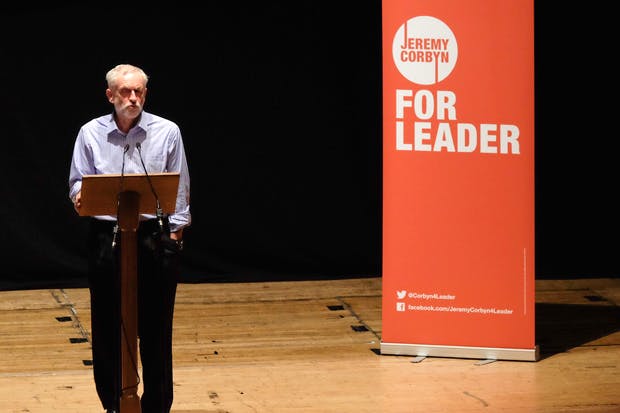
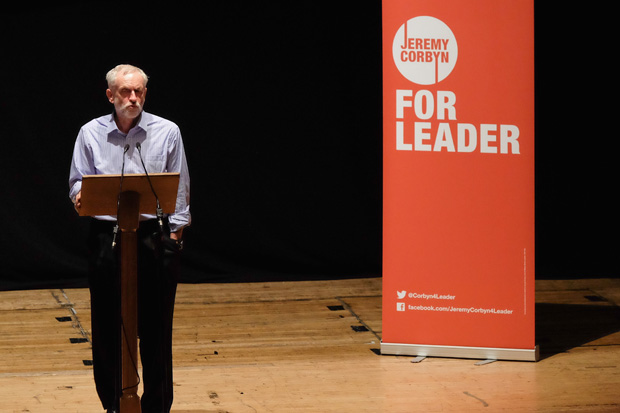
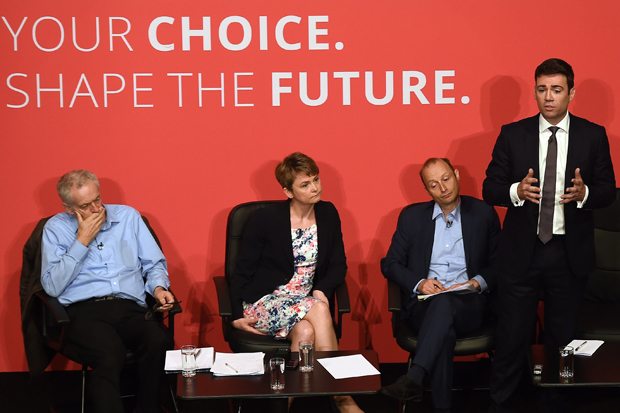
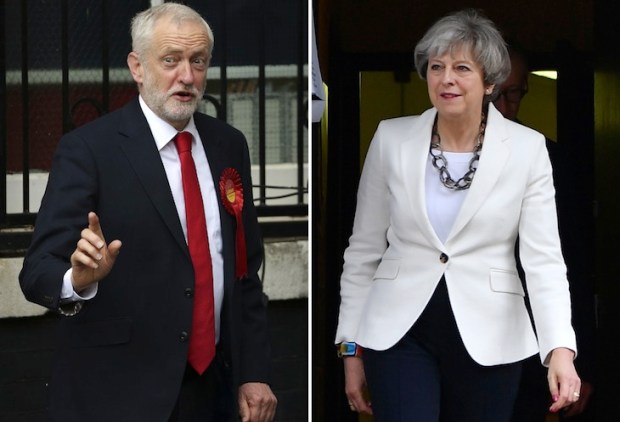
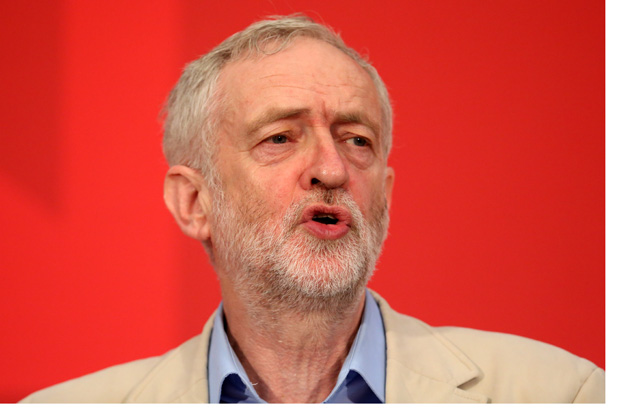
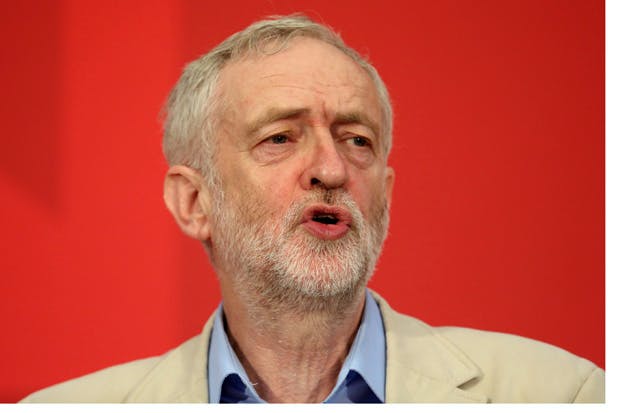
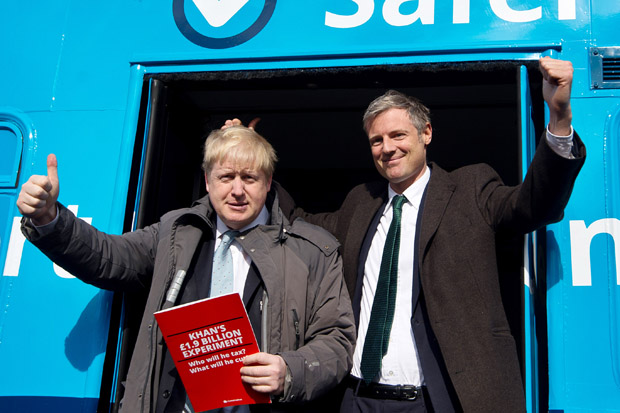






Comments
Don't miss out
Join the conversation with other Spectator Australia readers. Subscribe to leave a comment.
SUBSCRIBEAlready a subscriber? Log in